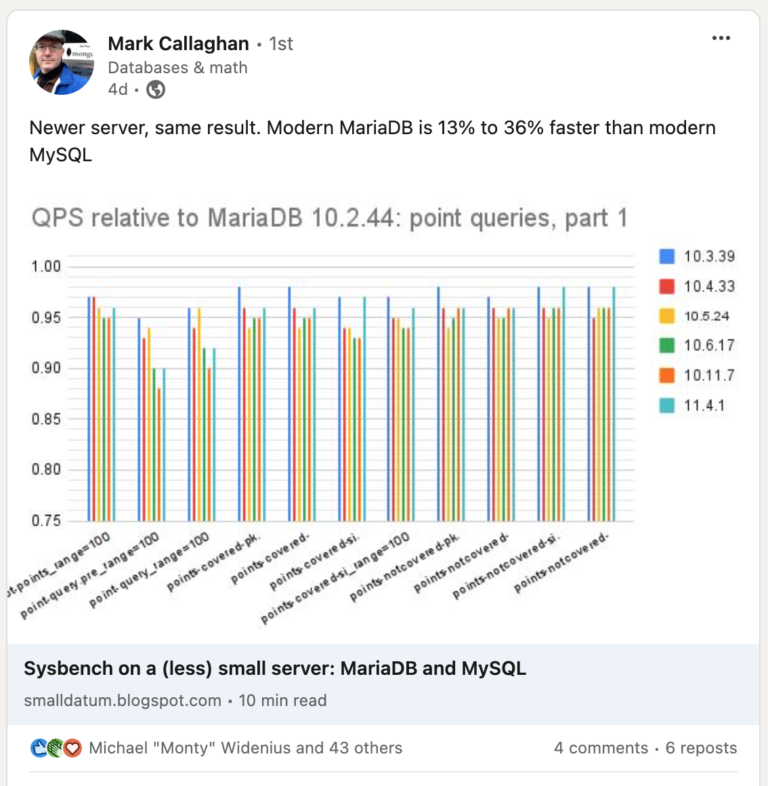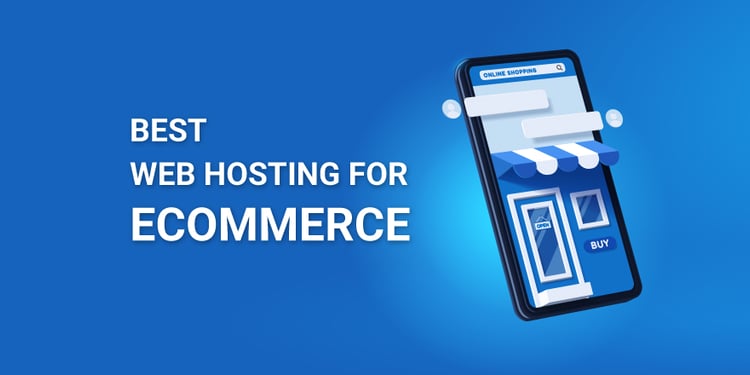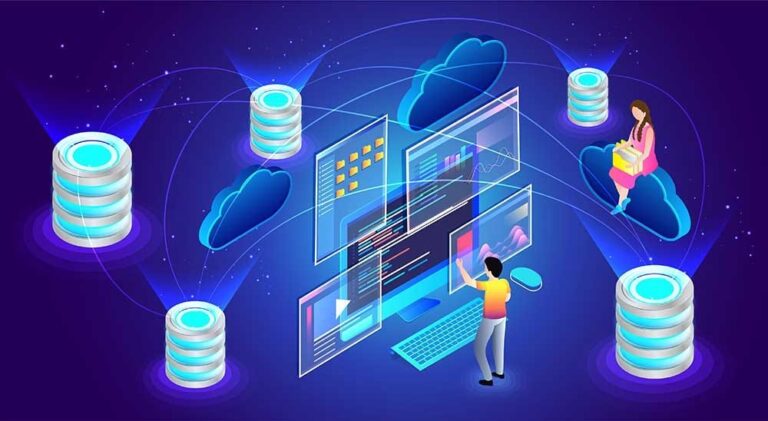In today’s digital age, online security and privacy have become more important than ever.
A tool that has gained popularity for enhancing these aspects is a VPN. But what exactly is a VPN, and how does it work?
People use VPNs for various reasons, from bypassing geo-restrictions to ensuring anonymity online.
We will explore the benefits of using a VPN, how to set it up, and the different types available to help you make an informed decision for your online security needs.
Key Takeaways:
- VPNs provide enhanced security and protection from hackers and cybercriminals, making them a crucial tool for safeguarding sensitive information.
- By bypassing geo-restrictions and granting access to restricted content, VPNs offer greater online freedom and the ability to stream, download, and browse without limitations.
- Setting up a VPN is a simple process that involves choosing a provider, downloading and installing the software, and connecting to a server. With various types available, there is a VPN solution for every need.
What Is a VPN?
A Virtual Private Network (VPN) is a secure connection that encrypts data transmitted over the internet, ensuring privacy and enhancing security for users.
When a user connects to a VPN, all their internet traffic is sent through a secure encrypted tunnel, protecting it from potential eavesdropping or cyber attacks.
The encryption process encodes the data in such a way that even if intercepted, it remains unreadable to unauthorized parties, thereby safeguarding sensitive information such as login credentials, personal details, and financial transactions.
This added layer of security not only shields users from potential hackers but also prevents internet service providers and other entities from monitoring their online activities, thus preserving their privacy.
How Does a VPN Work?
A VPN works by creating a secure tunnel for data to travel through, allowing users to access the internet securely and privately through encrypted connections.
When a user connects to a VPN server, the data is encrypted before traveling through the tunnel, ensuring that sensitive information remains secure from potential hackers or malicious actors. This encryption process scrambles the data, making it unreadable without the decryption key. The encrypted connection also masks the user’s real IP address, enhancing privacy and anonymity online. VPN technology offers benefits beyond security, such as bypassing geo-restrictions and accessing region-locked content by masking the user’s location.
Why Do People Use VPNs?
People use VPNs to protect their data from cyber threats, ensure compliance with regulations, and safeguard their online activities through enhanced protection.
Regarding the protection against cyber threats, VPNs establish a secure and encrypted connection, shielding sensitive information from potential hackers and malicious activities. Not only do they encrypt data traffic preventing unauthorized access, but VPNs also play a crucial role in complying with regulations like GDPR and HIPAA.
For organizations handling personal or medical data, compliance is a top priority to avoid hefty fines and reputational damage. VPNs provide a secure tunnel for data transfer, ensuring that sensitive information is transmitted in a compliant manner, meeting the standards set forth by these regulations.
Enhancing online protection is another key benefit of VPN usage. By masking IP addresses and encrypting internet traffic, VPNs add an extra layer of security, making it difficult for cybercriminals to track online activities and steal personal information. This heightened level of protection instills confidence in users, allowing them to browse the web securely and anonymously.
Security and Privacy
One of the primary reasons individuals use VPNs is to ensure the security and privacy of their information by safeguarding it against unauthorized access and cyber threats.
By encrypting data transmitted over the internet, VPNs create a secure tunnel that shields sensitive information from potential eavesdroppers and hackers. This encryption process converts data into a code that is virtually impossible to decipher without the proper decryption key. VPNs mask users’ IP addresses, making it challenging for third parties to track their online activities and identity. With the added layer of anonymity, individuals can browse the web without fear of their personal details being compromised.
Bypassing Geo-Restrictions
VPN users leverage this technology to bypass geo-restrictions, granting them access to region-locked content and services based on their virtual location.
By masking the user’s actual IP address and routing their internet connection through a secure server in a different location, a VPN creates a virtual presence for the user. This allows individuals to appear as if they are browsing from a different country, enabling them to unlock a plethora of online content that may be restricted in their physical location. This capability is particularly advantageous for accessing streaming services, online platforms, and websites that are limited to specific regions.
Anonymity
VPN users can preserve their anonymity online by hiding their true identity and browsing activities, ensuring a more private and secure internet experience.
By routing their internet connection through a remote server, VPN users create a secure encrypted tunnel that shields their online activities from potential prying eyes and malicious actors. This technology allows individuals to access the internet without revealing their true location or IP address, enhancing their privacy and reducing the risk of cyber threats.
VPNs afford users the ability to bypass geo-restrictions and censorship, opening up a world of content that may otherwise be inaccessible.
What Are the Benefits of Using a VPN?
Using a VPN offers numerous benefits, including enhanced security, improved privacy, secure access to restricted content, anonymity, and cost savings for users.
One of the key advantages of VPN usage is the enhanced security it provides by encrypting your internet connection, safeguarding your data from potential cyber threats and hackers. VPNs offer improved privacy by masking your IP address and browsing activity, ensuring your online actions remain anonymous and protected.
VPNs enable users to securely access restricted content, bypassing geographical restrictions and censorship effectively. This allows individuals to enjoy a wider range of content, such as streaming services, websites, and applications that may be blocked in their region.
Another significant benefit is the anonymity VPNs offer, making it challenging for third parties to track your online behavior and monitor your browsing habits. This added layer of privacy ensures that your digital footprint remains confidential and secure.
VPN usage can lead to cost savings by allowing users to bypass regional price discrimination, access better deals, and even potentially reduce data usage costs. By employing a VPN, individuals can maximize their online experience while saving money in the process.
Enhanced Security
One of the key benefits of using a VPN is the enhanced security it provides, ensuring protection for users on both private and public networks.
By encrypting data transmissions, VPNs create a secure tunnel that shields sensitive information from prying eyes, hackers, and potential threats. This encryption plays a vital role in safeguarding personal data, such as passwords, financial details, and browsing history, especially when connected to unsecured Wi-Fi networks in public places.
Moreover, VPNs add an additional layer of anonymity by masking the IP address, making it difficult for third parties to track users’ online activities. This feature not only protects users’ privacy but also prevents targeted ads and data tracking by unauthorized entities.
Protection from Hackers and Cybercriminals
Using a VPN shields users from potential threats posed by hackers and cybercriminals, safeguarding their information and technology from malicious activities.
VPNs work by creating a secure encrypted connection between the user’s device and the internet, preventing unauthorized access to sensitive data.
This encryption makes it difficult for cybercriminals to intercept and steal information, ensuring that user data remains confidential and protected.
VPNs mask the user’s IP address, adding an extra layer of anonymity that reduces the risk of being tracked by malicious entities.
VPN services also often include features like automatic Wi-Fi protection and malware blocking, further enhancing cybersecurity measures.
Access to Restricted Content
VPN users can access restricted content and services by bypassing geographical limitations, allowing for unrestricted browsing and enhanced access to online resources.
By changing the user’s IP address and encrypting their internet connection, VPNs create a secure tunnel between the user’s device and the web, enabling them to access websites and services that may be blocked in their region. This capability is particularly beneficial for individuals who wish to stream geo-restricted content on platforms like Netflix or access websites that are not available in their country. VPNs also offer an added layer of privacy and security, safeguarding user data from potential threats while browsing the internet.
Anonymity and Privacy
VPN users enjoy enhanced anonymity and privacy while browsing the internet, ensuring their data remains secure and private during online interactions.
Using a VPN not only masks the user’s IP address, making it difficult for websites and online services to track their activities, but also encrypts their data, protecting it from potential hackers or malicious actors. This added layer of security ensures that sensitive information, such as passwords, financial data, and personal details, is safeguarded from prying eyes.
Plus data encryption, VPNs offer users the ability to access geographically restricted content and bypass censorship. By connecting to servers in different locations, users can enjoy content that may be blocked or restricted in their region, enhancing their online experience.
Cost Savings
VPN usage can lead to cost savings for users through efficient pricing models, secure payment options, and increased satisfaction with the service provided.
Utilizing a VPN not only ensures a reliable and cost-effective solution for online security but also offers various subscription options catering to different needs and budgets. Some VPN providers offer tiered pricing packages, allowing users to select plans based on their usage and requirements, which can result in significant savings in the long run. Secure payment methods such as encrypted transactions and anonymous payment options contribute to enhanced user trust and peace of mind during transactions, reinforcing the overall satisfaction with the service.
How Can You Set Up a VPN?
Setting up a VPN involves selecting a suitable provider, downloading and installing the VPN software, connecting to a server, and testing the connection to ensure proper functionality.
Before choosing a VPN provider, it is essential to evaluate factors such as server locations, encryption protocols, and device compatibility. Once you have selected a provider, proceed with downloading their software from their official website. The installation process typically involves following on-screen instructions and accepting the terms and conditions. After successfully installing the software, launch the VPN application and connect to a server of your choice. To verify the connection’s effectiveness, you can run speed tests or check for IP address changes to ensure your anonymity is protected.
Choose a VPN Provider
Selecting a reputable VPN provider is the first crucial step in setting up a VPN, ensuring reliable service and secure technology for users.
When choosing a VPN provider, it is essential to look for key features such as strong encryption protocols like AES-256, a strict no-logs policy, and a large server network spanning multiple countries.
Security and privacy should be top priorities, so opt for providers like ExpressVPN, NordVPN, or CyberGhost, which consistently rank high in independent reviews. Checking user ratings and reading detailed reviews from trusted sources can also provide valuable insights into the performance and customer satisfaction of different VPN services.
Download and Install the VPN Software
Downloading and installing the VPN software on your devices and operating systems is the next step to ensure seamless connection and secure browsing experiences.
Once you’ve decided on the VPN software that suits your needs, you can initiate the process by visiting the official website of the provider. Look for the download section where you can choose the version compatible with your device – whether it’s a Windows PC, Mac, Android phone, or iOS tablet.
- For Windows and Mac users, simply download the installation file and run the setup wizard. Follow the on-screen instructions to complete the process.
- On mobile devices like Android and iOS, head to the respective app stores, search for the VPN provider, and tap ‘Install’.
Connect to a VPN Server
Connecting to a VPN server establishes a secure connection using various protocols and technologies, ensuring encrypted data transmissions for users.
Once a user initiates a connection to a VPN server, the data is encrypted through protocols such as OpenVPN, L2TP/IPsec, or IKEv2, safeguarding it from potential cyber threats or unauthorized access. These protocols create a secure tunnel between the user device and the server, preventing interception of sensitive information. Advanced technologies like AES encryption further enhance the security of the connection, making it robust and reliable for transmitting data securely over the internet.
Test the Connection
Testing the VPN connection is essential to verify speed, services, and overall functionality, ensuring users experience reliable and efficient VPN performance.
When assessing the speed of a VPN connection, it’s crucial to evaluate both download and upload speeds to ensure a balanced performance. Testing the services provided by the VPN, such as streaming capabilities, secure browsing, and compatibility with various devices, helps in determining the suitability of the VPN for specific user requirements.
By conducting thorough tests, users can identify any potential issues or limitations in the VPN connection, allowing them to make informed decisions about its usage. Ensuring a reliable VPN performance through testing is vital for maintaining data security, privacy, and seamless online experiences.
What Are the Different Types of VPNs?
Various types of VPNs include Remote Access VPN, Site-to-Site VPN, Mobile VPN, and Cloud VPN, each serving specific connectivity needs for users.
Remote Access VPNs are primarily designed for individual users who need to access a company’s network securely from a remote location. This type of VPN allows employees to connect to their organization’s network from home or while traveling, ensuring secure data transmission.
Site-to-Site VPNs are ideal for connecting multiple offices of an organization, creating a secure network between different physical locations. It establishes a tunnel between the networks of two or more sites, enabling seamless communication.
Mobile VPNs are tailored for mobile device users, providing secure access to the corporate network while on the go, ensuring data protection even on public Wi-Fi networks.
Cloud VPNs offer secure connections to cloud-based resources, allowing organizations to access cloud services securely and efficiently, ensuring data privacy and integrity.
Remote Access VPN
A Remote Access VPN enables users to securely connect to a private network from a remote location using various devices and technologies for seamless access.
Remote Access VPNs work by establishing a secure encrypted connection between the user’s device and the private network, ensuring data privacy and confidentiality during transmission. This technology allows employees working remotely or traveling to access files, applications, and resources securely as if they were physically present in the office. Compatible with a wide range of devices such as laptops, smartphones, and tablets, Remote Access VPNs offer flexibility and convenience for users on the go.
Site-to-Site VPN
Site-to-Site VPNs establish secure connections between multiple locations or networks, utilizing protocols to ensure encrypted data transmissions and seamless connectivity.
These VPNs are crucial for organizations with branches in different locations needing secure communication channels. By using industry-standard protocols like IPsec (Internet Protocol Security), these connections create a virtual tunnel through which data travels securely between sites. This setup guarantees confidentiality, integrity, and authenticity of transmitted data, safeguarding sensitive information from unauthorized access or interception. Through the establishment of these encrypted connections, businesses can operate efficiently and securely across their distributed network infrastructure.
Mobile VPN
Mobile VPNs provide secure connections for users on mobile devices, ensuring data privacy and encrypted transmissions for safe browsing experiences.
One key advantage of using a Mobile VPN is the ability to access a private network securely, regardless of the user’s location. By encrypting the data traffic between the device and the VPN server, sensitive information such as passwords, financial details, and personal messages are shielded from potential cyber threats.
Mobile VPN technology offers users a layer of anonymity by masking their IP addresses, preventing websites and online services from tracking their digital footprint. This anonymity enhances privacy and security, reducing the risk of online surveillance and tracking.
Cloud VPN
Cloud VPNs offer scalable and flexible solutions for secure network connections through cloud technology, providing reliable encrypted connections for users.
One of the key advantages of Cloud VPNs is their ability to allow users to securely access their network resources from anywhere, at any time. By leveraging the power of cloud technology, these VPNs offer a seamless and efficient way to establish connections without the need for physical infrastructure. The encrypted data transfers provided by Cloud VPNs ensure that sensitive information remains secure during transmission, safeguarding against potential cyber threats. This level of security is crucial for businesses and individuals looking to protect their data and maintain privacy in an increasingly interconnected digital world.
Frequently Asked Questions
1. What is a VPN and how is it used for security purposes?
A virtual private network (VPN) is a secure connection that encrypts data transmitted between a user’s device and the internet. It is used to protect sensitive information and ensure privacy while browsing online.
2. What are the benefits of using a VPN?
Using a VPN offers several benefits, such as enhanced online security, anonymity, and access to geo-restricted content. It also helps prevent tracking and surveillance by internet service providers and other third parties.
3. Can I use a VPN on all my devices?
Yes, VPNs can be used on a variety of devices, including computers, smartphones, and tablets. Some VPN providers also offer browser extensions for added convenience and protection while browsing.
4. Are there any potential drawbacks to using a VPN?
While VPNs are generally safe and reliable, there are a few potential drawbacks to consider. These include a slightly slower internet connection and the possibility of compatibility issues with certain websites or services.
5. How can a VPN benefit remote workers?
For remote workers, using a VPN is crucial to ensuring the security of sensitive work-related information. It allows for secure access to company networks and confidential data, even when working from a public or unsecured network.
6. Is using a VPN legal?
Yes, using a VPN is legal in most countries. However, it is important to note that some countries, such as China and Russia, have restrictions on VPN usage. It is always best to research the laws and regulations in your specific location before using a VPN.




